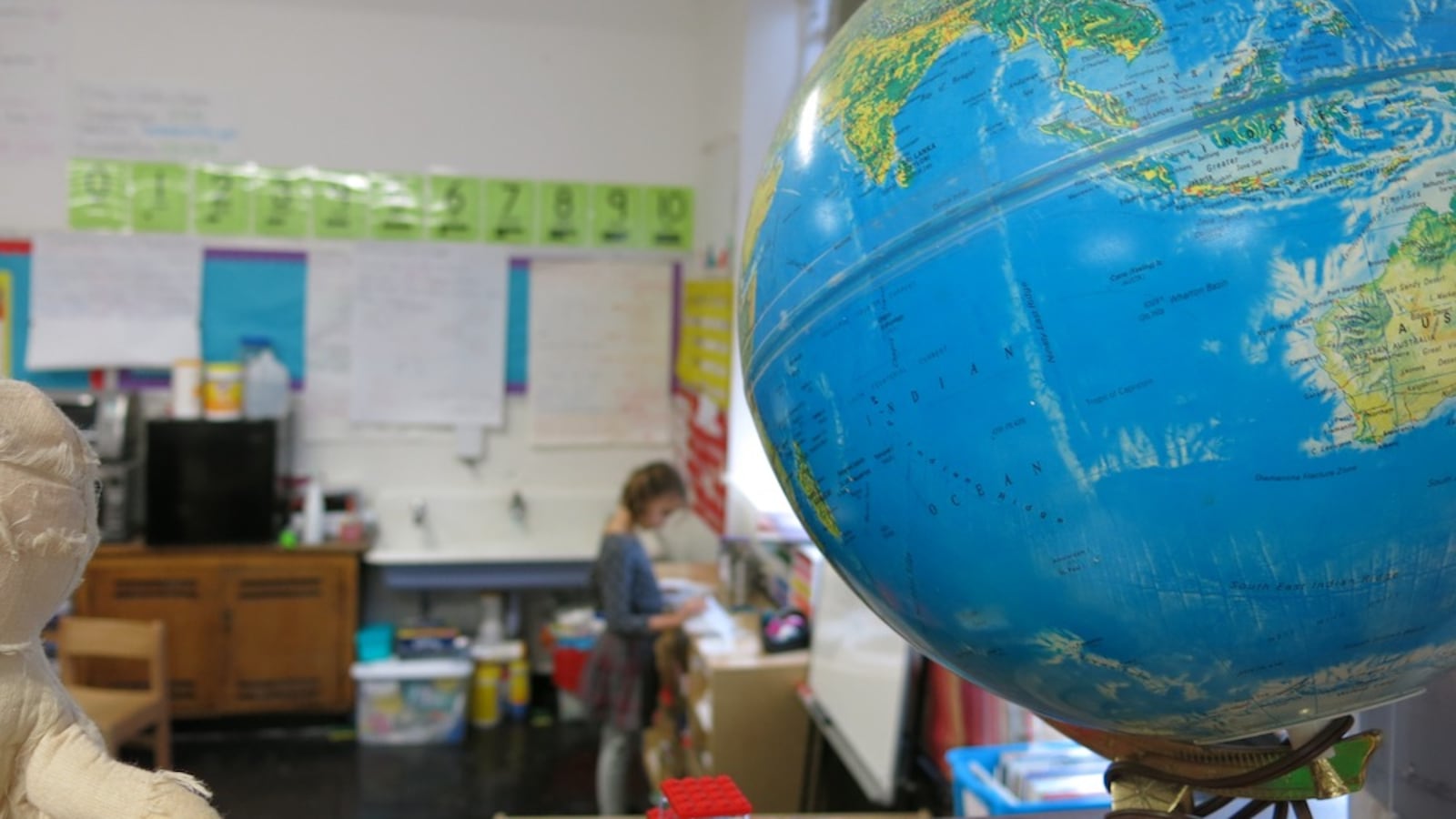American politicians often wring their hands over the country’s mediocre performance on international tests. New research finds one reason they’re right to worry: a country’s scores on one of those tests, known as PISA, do tend to mirror its economic growth.
That research also arrives at a more surprising finding — one that could add to the debate about the importance of teaching students “soft skills” in school.
Students’ ability to push through to the end of the test — their “stick-to-it-iveness,” if you will — was equally able to predict whether a country was on an upward economic climb, the study found.
Students in certain Northern European and Asian countries, for example, did nearly as well on questions toward the end of the test as they did on its early questions. The idea is that those students don’t give up easily, a technique that’s been used in previous studies to get at hard-to-measure skills like “grit” or perseverance.
In some cases, countries where students did similarly at the start of the test saw big differences in how quickly performance declined over the course of the exam.
On the 2006 PISA, the U.S. scored in the middle of the pack of nearly 60 countries in both overall performance and in students’ decline between the first question and the last.
Past studies have found that a country’s performance on international tests predicts future economic growth, but the latest study, published in the peer-reviewed Economics of Education Review, is among the first to try to quantify the impact of these harder-to-measure traits.
“Both the starting performance and the performance decline are positively and significantly associated with economic growth,” the researchers write.
Worth noting: the U.S. has been an outlier in the past when it comes to PISA. Our economic growth has outpaced other countries’ with similar scores.


